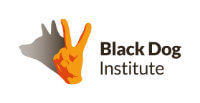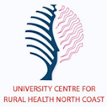International Day of Persons with Disabilities is an opportunity to recognize people who live with disability, and the challenges they face. Research shows that people with disability are more likely to develop mental health issues than people without disability.
There are a range of digital mental health services available to support people with disabilities. They provide information, advice, counselling and peer support to manage wellbeing, mental health conditions and their supporters including family, friends and professionals.
For more information on disabilities, physical health issues and digital mental health resources you can view or download our factsheet Digital Mental Health for Physical Health Issues and Disability.
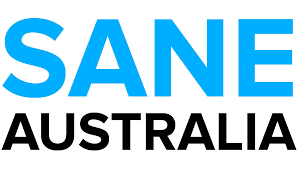
SANE Australia
Disability, mental health and wellbeing
SANE Australia is a national mental health service providing straightforward, concise information on treatment and self-help for people affected by complex mental health issues. Their website includes information on living with a disability and supporting mental health and wellbeing. This includes information about how living with a disability can affect individuals’ mental health, self-help strategies, and links to access support. SANE Australia also provides peer-to-peer support through moderated online forums on a range of topics.
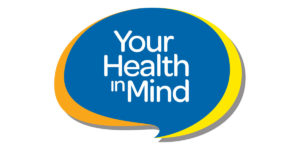
Your Health in Mind
https://www.yourhealthinmind.org/
Your Health in Mind is a website developed by the Royal Australian and New Zealand College of Psychiatrists providing information about mental illness, treatments, and how to get help. The website includes information on a range of topics relating to mental health and wellbeing and aims to connect everyone with expert mental health information. Your Mental Health Online was developed with accessibility with mind, with content written in plain English and in compliance with the Web Content Accessibility 2.0 guidelines, at the AA level.

1800RESPECT
https://www.1800respect.org.au/
1800 737 732
13 14 50 for interpreter
1800RESPECT is a telephone and online counselling service for people experiencing sexual, domestic and family violence. They help with safety planning, finding support as well as providing information and guidance for professionals on how best to assist people. The 1800Respect website includes a range of resources and information to support people with disability, the supporters and professionals working with disabled people. The Disability Support Toolkit equips frontline workers supporting people with disability who have been impacted by violence and abuse with guidelines, factsheet, videos and Easy English resources, to improve responses and support. They also provide information for professionals on understanding violence against people with disability, responding, and safety planning. The 1800RESPECT telephone and online counselling is also available via the National Relay Service and Translating and Interpreting service for those who find it difficult to hear or speak or need an interpreter.

Livewire
Livewire is a safe and secure online community to help young people aged 12 to 20, and their siblings, cope with the impact of a serious illness, mental illness, chronic health condition, or disability. The service allows user to meet new friends and stay connected to members with similar experience through a moderated chat rooms, profiles sharing their interests, blogs, articles, games and online events.
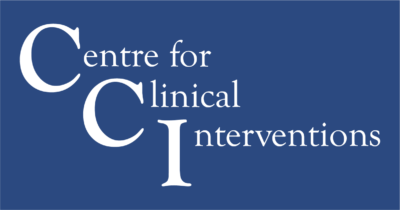
Centre for Clinical Interventions
https://www.cci.health.wa.gov.au/
The Centre for Clinical Interventions provides a number of free information sheets, self-help workbooks and modules for a range of common mental health issues including mood, anxiety, and eating disorders. Their evidence-based psychological treatment and resources are available online and can be provided in alternative formats upon request for people with disability. The Centre for Clinical Interventions website was also meets the Web Content Accessibility 2.0 guidelines, at the A level and AA level as practical.
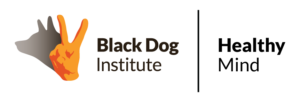
Healthy Mind
https://www.healthymind.org.au/#
Healthy Mind is an online Easy Read tool by Black Dog Institute designed to help people with an intellectual disability to recognize and regulate their thoughts and feelings. It is comprised of five online learning modules; breathe and relax, tackling unhelpful thinking, having more fun, taming anger, and recognizing feelings. These modules include short videos and activities to help users learn to have a happier and healthier life. Health Mind utilizes Easy English translation, supporting images, and an audio function to align with users unique needs.

Sunny App
https://www.1800respect.org.au/sunny
The Sunny app was developed by 1800RESPECT for women with disabilities who have experienced violence and abuse. The app aims to support user to tell their story, understand what happened, know their rights, find people who can help, understand what abuse is and learn about different types of abuse. Available on the App Store and Google Play Store, the Sunny app is free to download and is compliant with the Web Content Accessibility 2.0 guidelines, at the AA level.
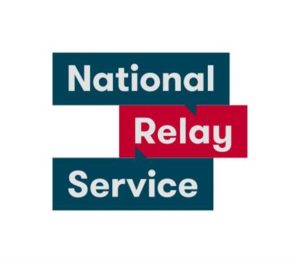
National Relay Service
https://www.dss.gov.au/contact/national-relay-service
The National Relay Service is provided by the Department of Social Services to assist deaf, hearing impaired or speech impaired individuals in communicating over the phone. Individuals can call the national replay service, ask for the number they wish to contact and, with the help of a relay officer or other communication options, communicate with friends, family or a service.
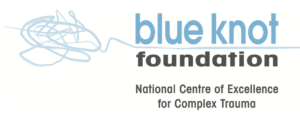
Blue Knot Foundation
national counselling and referral service (disability)
https://blueknot.org.au/national-counselling-referral-service-disability/
1800 421 468
Blue Knot Foundation is a telephone and email counselling service for adults who have experienced childhood trauma and abuse. They provide professional phone support, information, resources, tools and workshops for survivors, their friends, families, and partners, as well as education and training services for health professionals working with survivors of childhood trauma and abuse. Blue Knot Foundation provide a national counselling and referral service for people with disability, providing emotional support, referrals and information via phone, email or webchat. Their website also includes a Plain English Guide: Supporting People with Disability who have experienced Complex Trauma, and Guidelines for Trauma Informed Practice: Supporting People with Disability who have experienced Complex Trauma documents what are available to download at any time for individuals support workers, or organisations.
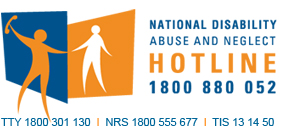
National Disability Abuse and Neglect Hotline
https://www.jobaccess.gov.au/complaints/hotline
The National Disability Abuse and Neglect Hotline is a free, independent, confidential service for reposting abuse and neglect of people with disability. The hotline can be accessed by anyone at any time, including family member to help find appropriate ways of dealing with reposts, provide advice and assist with arranging advocacy for callers with disability to report an allegation. The National Disability Abuse and Neglect Hotline is not a crisis service.
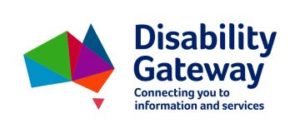
Disability Gateway
https://www.disabilitygateway.gov.au/
The Disability Gateway provides information and services to help people with disability, their family, friends and carers find support. Their website provides information and links to support on a range of topics including income and finance, employment, aids and equipment, housing, transport, health and wellbeing, everyday living, education, leisure and rights. The Disability Gateway aims to support people with disability to navigate and access relevant information and services.

Raising Children Network
Disability
https://raisingchildren.net.au/disability
The Raising Children Network provides videos, articles, apps and information guides for busy families and parents on a range of topics from pregnancy through to adulthood. Their website includes information for parents of children with disability on family life, mental health, NDIS, rights and laws, social, play and work, and services and supports. Parents can access guides to disabilities and a range of visuals on children with dyability to help with raising and supporting a child with disability.
Services for Neurodiverse People
The following services provide support for people with disability associated with autism in adults and children.

Your Health in Mind
Autism
https://www.yourhealthinmind.org/mental-illnesses-disorders/autism
Your Health In Mind provides comprehensive information on a range of topics relating to mental health and wellbeing including Autism. Their website includes information about Autism, causes of autism, the signs and symptoms, getting help, diagnosis, living with autism, and support for people with autism such as daily activities, socializing, self-help strategies and helping someone else.
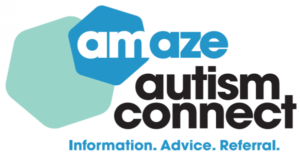
Autism Connect
https://www.amaze.org.au/autismconnect/
Autism Connect is a national autism helpline, providing phone, webchat and email advice, as well as online information for people with autism, their families and supporters. While not a counselling service, Autism Connect does provide information about accessing counselling or support services. Their advisors offer advice on a range of areas including: exploring autism and identity, assessment and diagnosis, school and education, the NDIS, employment, behaviour and communication strategies, finding autism-friendly places and events, and making environments accessible.
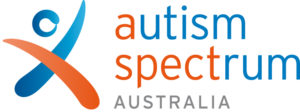
Autism Launchpad
https://www.autismlaunchpad.org.au/
Autism Launchpad is an online resource for young people with Autism or Asperger’s and their families. They provide information and guidance as they transition into adulthood, bringing together all the information young people with Autism or Asperger’s might need when finishing school and starting their adult life, including study, work, social life, independence, health, advocacy and more.

Kids Helpline
Understanding Autism
https://kidshelpline.com.au/teens/issues/understanding-autism
Kids Helpline is a free, confidential counselling service for young people aged 5 to 25 years. Their aim is to empower young people by assisting them to develop options, identify and understand consequences of a course of action, facilitate productive relationships with family and friends, and connect with local support services. The Kids Helpline website provides information on a range of topics relating to youth mental health and wellbeing, including autism. They include information on understanding autism, challenges faced by autistic people, coping strategies, supporting people with autism , and accessing support.

Raising Children Network
Autism
https://raisingchildren.net.au/autism
The Raising Children Network website provides information for parents on a range of topics supporting parents and families, including autism. They include information on autism, behaviour support, communicating and relationships, development, health and wellbeing, NDIS, school, play and work, and therapies and services. Parents can access guides to therapies for autism, videos on children and autism and teenagers and autism.



